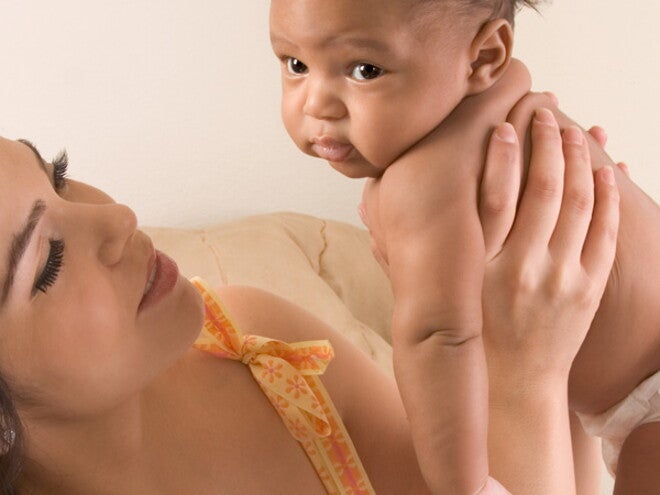
The benefits of breastfeeding
Even before your baby makes her grand entrance, you may have noticed changes in your breasts.
This is your body preparing to breastfeed. Understanding what these changes mean and how the act of breastfeeding benefits you and your baby is the key for many women. Here are some benefits, which may have a special meaning to you when thinking about breastfeeding.
Breastmilk has everything your little one needs—and offers benefits for you, too.
Benefits for mum
Breastfeeding is good for mum’s health, too. Here’s why:
Lessens future health risks
- Breastfeeding has been associated with decreased risk of developing Type 2 diabetes, breast cancer and ovarian cancer later on in life.
Breastfeeding hormones like oxytocin cut down your recovery time
- The act of breastfeeding triggers the release of oxytocin, which helps the uterus to contract and return to its pre-pregnancy size in less time.
Promotes reduced stress and has a calming affect
- Hormones stimulated by the physical contact with your baby and production of breastmilk help you relax and feel calmer.
Helps you bond and read your baby’s cues
- Escape the hustle and bustle together.
- Relax with your baby and observe how she communicates.
- Skin-to-skin and eye-to-eye contact provides a unique closeness.
Inexpensive, convenient and naturally made
- Requires little to no equipment.
- Can be done almost anywhere and anytime.
Related articles


Labour
As labour starts, a mother’s mood changes and she becomes less aware of what is happening outside her body, and more aware of what is happening inside her body.
5 mins to read

Further comfort measures for pain relief
Distractions like breathing, visualising or fixing on one point can take your mind off the pain.
5 mins to read

Levels of fitness
First trimester
Your fitness is likely to decrease. Listen to your body and only do what you feel comfortable doing.
Second trimester
5 mins to read

Monitoring your response to exercise
It is important to monitor your response to your exercise programme by taking your pulse-rate before, during and after exercise.
5 mins to read

Nutrition during pregnancy
By taking responsibility for your body, you can maximise your level of wellbeing and enjoy good health.
Good nutrition is of the utmost importance during your pregnancy
5 mins to read
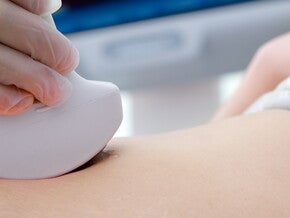
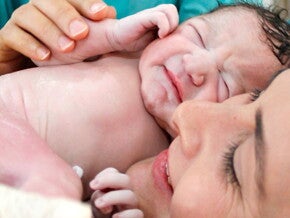
The third stage of labour
This stage lasts from the birth of the baby until the placenta is delivered, usually from 5–20 minutes.
5 mins to read
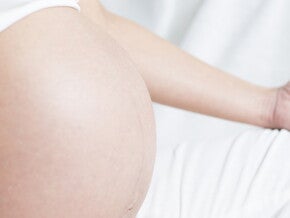

Personal considerations
You may need to consider some personal issues before you become pregnant.
1 min to read

Nutrition checklist
NUTRITION CHECKLIST
Are you eating enough nutritious food with sufficient nutrients, kilojoules, vitamins?
1 min to read
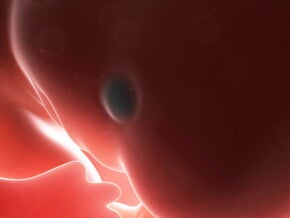

Common nutrition-related problems
The influence of hormonal changes, and the effect of the changes in the size of the growing uterus, can lead to eating complications during pregnancy.
5 mins to read

Checklist - maternity ward suitcase
*Check whether the maternity ward has a list of the items you will need.
Items for hospital stay
5 mins to read

Medication for pain relief
In a normal, uncomplicated labour and delivery, the use of medication is not always necessary. Your own resources are often enough.
5 mins to read

Criteria for prenatal classes
Instructor’s credentials, for example, midwife, physiotherapist.
Instructor’s specialised training in childbirth education.
5 mins to read
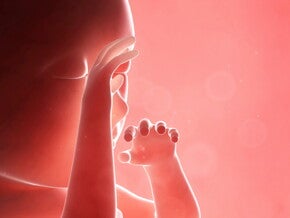
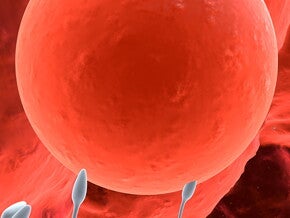
Conception
The fertilised egg divides into two identical cells – then four, then eight, then 16, and then many billions, and 266 days later – your baby.
1 min to read

The Ninth Month of Pregnancy
Your pregnancy: weeks 36-40. It’s time for the final preparations before the big day.
2 mins to read